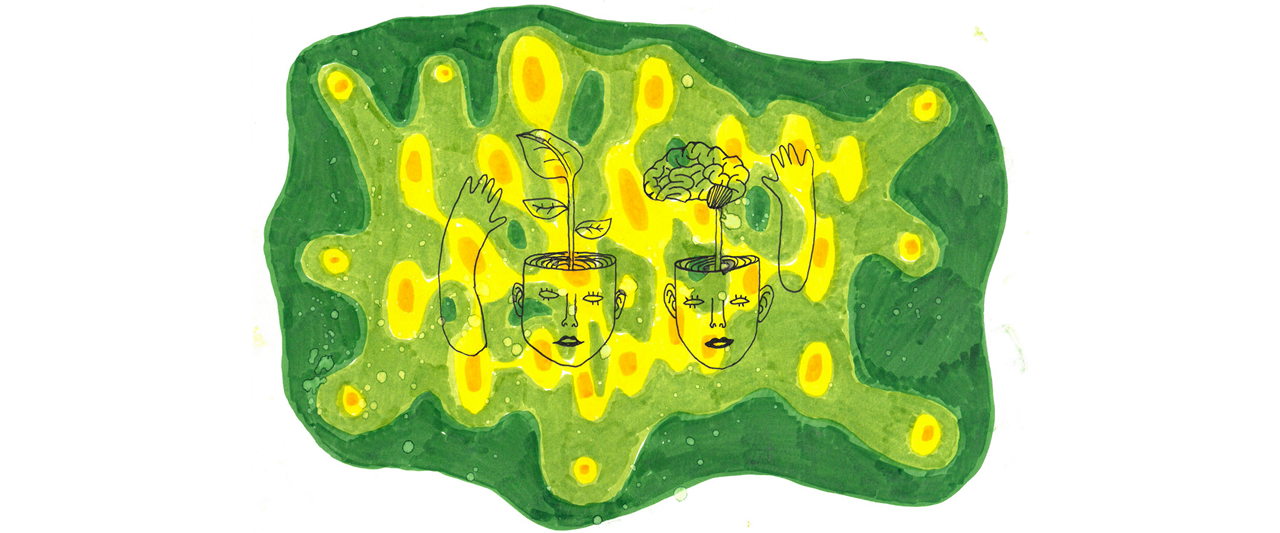Have you ever noticed how the general noise of people talking around you is not very distracting, but as soon they lower their voices and “spill the beans” it is almost impossible not to listen to what they are saying? We put our music, conversations – or even lives – on hold just to make sure we get the dirty details right on how Mike and Sandra are an item, before we need to get off the bus. It doesn’t matter if we know who Mike and Sandra are, I just want them to know that I willingly missed my stop to get the full scoop on them!

It’s even harder not to follow a one-sided conversation, such as listening to someone gossiping on the phone. Our imagination runs wild while trying to fill the gaps in the story that remains unknown to us. Judging by the reactions from the person on our end of the phone, we know it’s very juicy stuff.
Besides the fact that we’re all low-lives that lust for the exciting stories of more interesting people, there is a more soothing explanation to why we practise this perverted habit. Studies have shown that our brains are much more prone to noticing gaps or blanks in our noisy environment, rather than overlapping noises. So when the conversation next to us suddenly turns silent, our brain tells us to pay attention. We would be much less likely to take in the dirty secrets if they were discussed at the same level of loudness as any other dull subject. But it’s the sudden absence of sound that directs our attention exactly to where it’s wanted the least.
The gaps in phone conversations work in the same fashion. These so called “half-conversations” are impossible not to follow, even if they’re not very exciting. Even though finding yourself next to someone who’s on the phone happens many times a day, our perceptual system gets equally excited every time.

It’s the sudden silence that gets us. Research in this field shows that noises blocking other sounds are much less considered by our attentional system, compared to a spontaneous blank in sound. We react to see what might have caused the unnatural stop in speech.
Pauses in conversations are almost nonexistent, keeping mostly under one second in between turns of speaking. If we experience pauses longer than a second, we know the conversation isn’t flowing and something might be wrong (consider this on your next tinder date), but in any way these pauses build suspense. Since we cannot hear what the other person is saying, we don’t know how the person on our end is going to react. As you might know, we also are great suckers for surprises. When following a normal conversation, we know to some extent what people might say to these everyday topics. But, when discussing unconventional topics (gossip) we don’t know entirely how the other person is going to react. It could be all from a simple nod to a full blown telenovela drama reaction – everything is possible!
So there you have it. We’re all programmed to eavesdrop on the people in our surroundings, especially when they try their hardest for others not to hear. So next time you’re discussing your deepest, darkest secrets in public, make sure you speak up.

